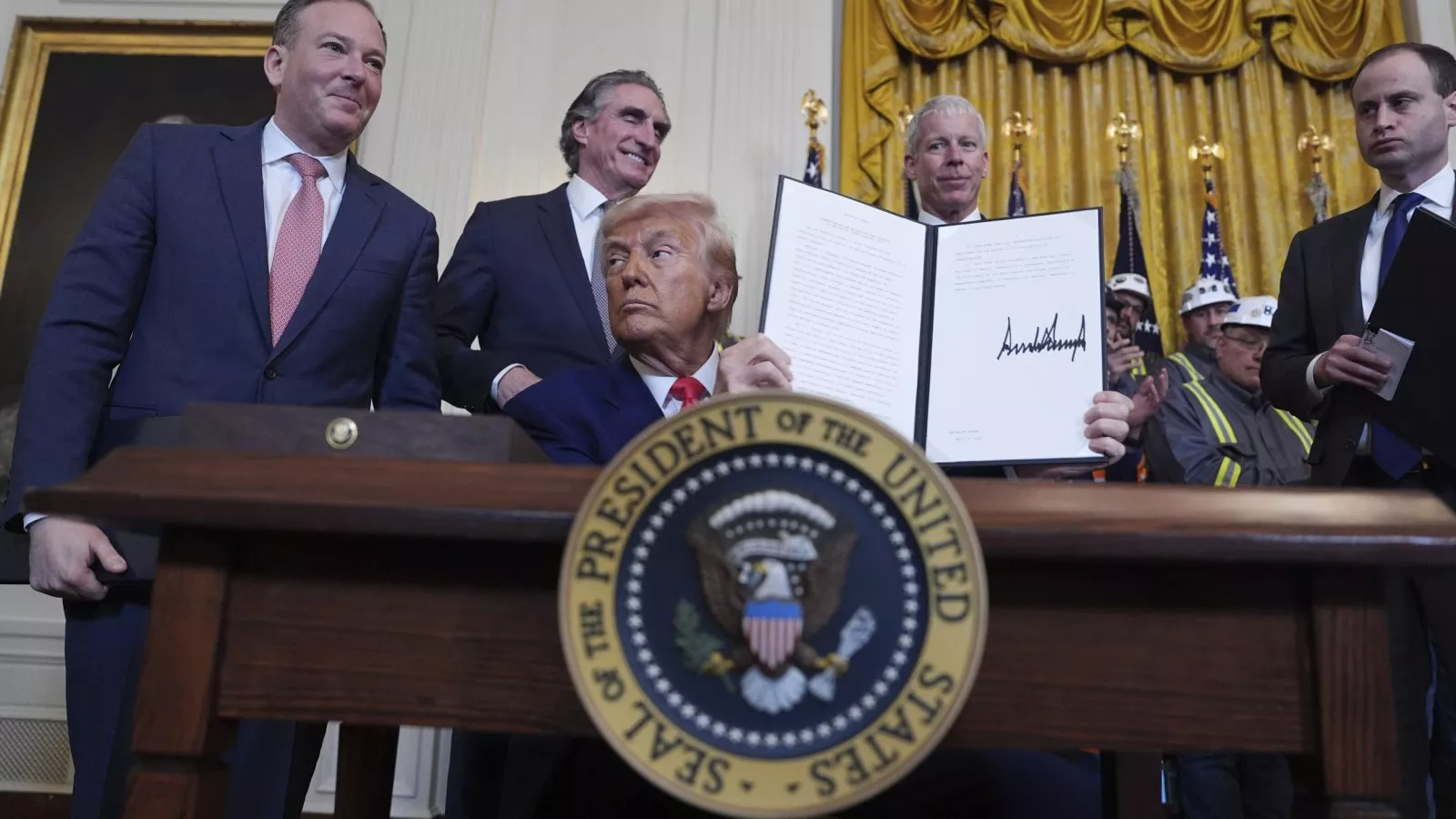Corporate America's Language Makeover: Ditching Divisive Terminology

In a striking shift of corporate communication, companies are quietly stepping back from environmental and diversity-focused language in their official reports. This emerging trend signals a broader pullback from the once-prominent Environmental, Social, and Governance (ESG) and Diversity, Equity, and Inclusion (DEI) narratives that dominated corporate discourse in recent years.
Businesses are strategically scrubbing their annual reports, sustainability documents, and corporate communications of terms that previously highlighted their commitment to environmental sustainability and workplace diversity. This linguistic retreat reflects a complex landscape of political pressures, investor skepticism, and changing corporate priorities.
The movement suggests a significant cooling of corporate enthusiasm for explicitly promoting environmental and inclusive workplace initiatives. Where bold declarations of environmental responsibility and diversity commitments were once standard, companies are now adopting a more restrained approach, potentially in response to increased scrutiny and shifting regulatory environments.
Analysts note that this linguistic transformation isn't just cosmetic—it represents a deeper recalibration of corporate messaging and potentially strategic focus. Companies seem to be navigating a delicate balance between maintaining their core values and responding to a rapidly changing socio-economic landscape.
As corporations continue to adapt their communication strategies, the reduction of ESG and DEI terminology in official documents signals a nuanced and evolving approach to corporate social responsibility in an increasingly complex global business environment.
